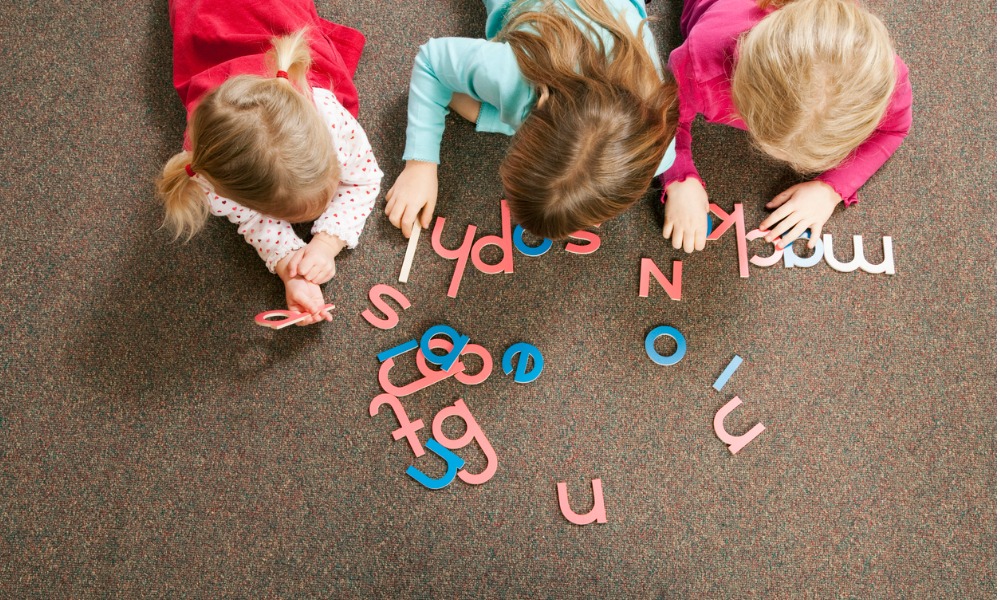In households where money is tight, parents speak fewer words to their children

There are many reasons for tackling wealth inequality around the world but improving children’s vocabulary probably isn’t top of mind.
New research from the University of California, Berkeley, has found a link between the financial status of households and the words used by the children in them, which has some serious implications for their future achievements – likely to include their own financial success.
"We were interested in what happens when parents think about or experience financial scarcity and found evidence that such strain could suppress their speech to their children," said study senior author Mahesh Srinivasan, a professor of psychology at UC Berkeley.
Srinivasan added that addressing the academic gap may not be achievable without tackling income inequality.
The research suggests that the success of government programs aimed at boosting parenting skills in low income families may be limited without relieving those parents of their financial burdens.
The team’s studies included observing conversational interactions between parents and children at the end of the month, typically when the pay cheque comes in.
For low income families, parents engaged with their children less at these times.
"This research doesn't mean that children whose parents are struggling financially are doomed to have smaller vocabularies," said study lead author Monica Ellwood-Lowe, a Ph.D. student in psychology at UC Berkeley. "The takeaway here is really just the importance of making sure parents have the resources they need to parent."
The researchers are calling for further studies into the relationship between money worries and parents' verbal engagement with their children.



